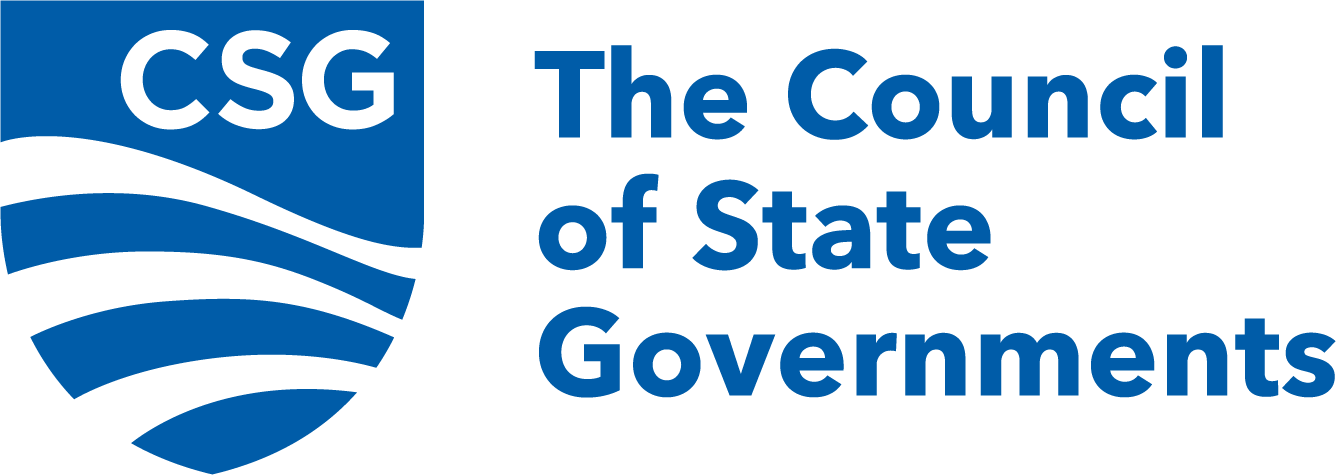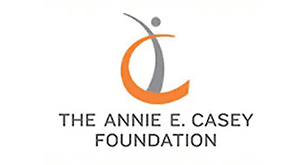Wellspring Living, a grantee of the Annie E. Casey Foundation, is a nonprofit that serves survivors of sex trafficking and those at risk for exploitation. Based in Metro Atlanta, a city with one the highest rates of human trafficking in the United States, the organization … Read More
Safety Permanency & Well-being

Building And Empowering Impactful Children’s Cabinets
Background Childrens cabinets typically comprise key public and private sector experts and can be critical to the cross-agency coordination of the Governor’s children’s initiatives. A powerful tool in a Governor’s arsenal, they can foster momentum across multiple different departments and … Read More

Bridging the Gaps: Child Welfare’s Vital Role in Public Health Emergencies Addressing Intimate Partner Violence
The National Academies report, “Essential Health Care Services Addressing Intimate Partner Violence,” released on January 11, 2024, serves as a pivotal resource for child welfare agencies and their staff to be effective partners with other key governmental agencies to address … Read More

Mandated Reporting Policies Do Not Promote More Accurate Reporting of Suspected Neglect
Each year, there are approximately 4 million referrals of suspected child maltreatment, with around 2 million of those reports meeting the criteria for an investigation or alternative response. However, only about 600,000 of those reports are substantiated (i.e., an investigator determines that abuse or neglect … Read More

Measuring Youth Development: How Out-of-School Time Programs Collect and Use Data
Executive Summary Out-of-school-time (OST) programs and their funders rely on sound data to make decisions about everything from professional development and student recruitment to the selection of activities to offer students. Programs operate at a range of times (before and … Read More

Examining Financial Hardship and Caregiver Subgroups in Kinship Foster Placements: A Machine Learning Approach
Kinship care is the preferred placement option when it is determined that moving a child from their family’s home is necessary due to child abuse and/or neglect. However, notwithstanding kinship care being the preferred choice by families and child welfare … Read More

Transform Child Welfare through Support for the Workforce
Goals: Child Welfare System Transformation Starts with a Strong Workforce A well-trained and well-staffed child welfare workforce is vital to the goals of legislators and the broader community. All the reforms enacted by Congress in recent years, including screening victims … Read More

WHAT YOUNG LEADERS WANT — AND DON’T WANT —FROM OLDER ALLIES
America today is one of the most age-diverse societies in history. Sadly, it is also one of the most age segregated, with older and younger people’s paths rarely crossing outside of families. The combination of age diversity and age segregation … Read More

CSG South Announces Collaboration with Casey Family Programs
Atlanta, Georgia – March 22, 2024 – CSG South has partnered with Casey Family Programs to work with five Southern states to delve deeper into identifying child welfare system approaches that can better serve children and families. This partnership will provide increased knowledge, collaboration, and … Read More

Color-Brave Caregiver Framework
Embrace Race, a community of parents, professionals, and other caring adults working together to address the racial challenges faced by today’s youth, recently introduced its Color-Brave Caregiver Framework, a tool that provides caregivers with guidance essential to raising children who are … Read More

